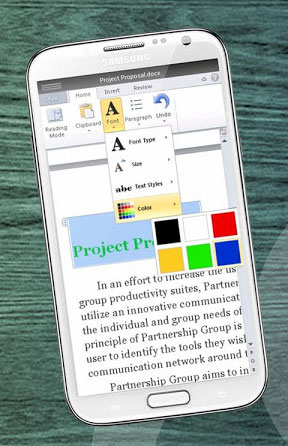A good idea is like a virus. It likes to spread and it’s terribly contagious. Put a good idea into an app and watch it proliferate with minimal marketing effort. On the contrary, if you don’t see your just-launched app being downloaded much, it means the idea behind your app has not propagated. This is true no matter how much mobile app marketing effort and dollars you have put in. The problem is with the idea behind the app. The market didn’t move the idea. The idea didn’t generate enough conversations to move the market. The couple of users who downloaded your app were not impressed enough to generate those conversations.
 Infographic: What does your app marketing results tell you?
Infographic: What does your app marketing results tell you?
Sucky App Idea, No Downloads. Like the infographic above, we can follow the rules of app marketing, from pre-launch to post-launch, but in the end, will your app get the downloads it deserves? If it does, then you have got something going. If it doesn’t, your app probably suffers from the “sucky app idea” syndrome.
Whether or not your app is successful boils down to the idea of the app. It has to be useful or it has to be wildly entertaining.
 CloudOn productivity app. Source: Google Play
CloudOn productivity app. Source: Google Play
Useful apps improve our lives by increasing our freedom and knowledge, saving time and improving productivity. One such app is CloudOn. CloudOn allows you to access and edit Microsoft Office’s docs, be it Word, Excel or Powerpoint, from your cloud-based drive – Dropbox, Google Drive or, SkyDrive. And once you are done editing them, you can email them as links or attachments. How useful! Now, you don’t have to lug around your notebook installed with MS Office everywhere you go. A phone with Cloudon plus internet access is all you need to access and share Office docs.
Apps that are entertaining (read: games) makes you play with them until your phone battery runs dead. They have great graphics and storylines. But most importantly, addictive games are designed so that each level lingers just outside the player’s abilities – tricky but achievable – giving the player a simultaneous feeling of pleasure and frustration and that’s why players that play certain games go online to find services as guides and boosting, which you can take a look at different sites online. Once they conquer one level, the next level undoes the mastery, forcing the player to learn and adapt.
 Angry Birds Space. Source: Google Play
Angry Birds Space. Source: Google Play
Angry Birds is one such entertaining app. Awesome graphics of the flightless birds and limbless pigs with their unique environment, be it Rio, Star Wars or Space. Remarkably simple storyline about the birds taking revenge of them pigs for stealing their eggs. At each level, the physics involved in catapulting the birds into the air in attempts to kill the pigs becomes harder. Players rejoice in being able to destroy the pigs in one shot. Pleasure. They moan in disappointment for not being able to do so. Frustration. They try again and again. They learn, adapt and succeed. Next level.
Unless you are a clairvoyant, you should get some validation for your app idea before going full steam ahead with its development. Make sure there are people out there who would find it useful or crazily entertaining. A technique of app validation – micro-testing – is very effective to check if users like your app idea. There are many write-ups on micro-testing and I’ve included the link to one in the reference section. Briefly, micro-testing an app includes the following steps:
- Build a mobile web landing page showcasing your yet-to-be-built app – app title, description, icon, screenshots, download button – the whole nine yards
- Drive traffic to the landing page via advertisements
- Track your results – the number of people clicking on your landing page’s download button
Oh, and don’t forget to find that raving fan.
References:
http://www.incomediary.com/how-to-validate-your-million-app-idea-in-3-simple-steps
